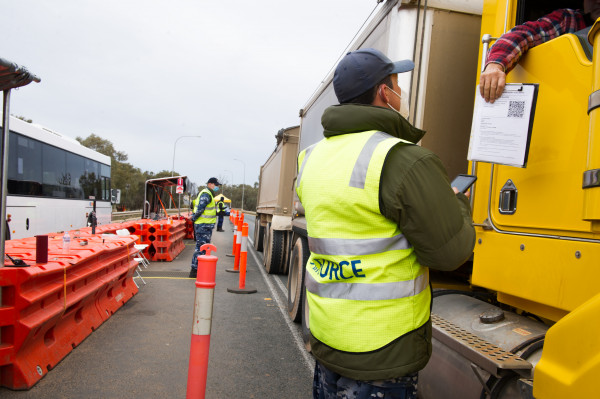REGIONAL Australia frequently finds itself bearing the brunt of urban-centric policy that hurts its communities.
State government responses to the pandemic have shown a blatant disregard for communities who live as one entity across borders.
The social cohesion normally enjoyed by cross-border communities has been shredded by poor policy, such as blanket restrictions as opposed to targeted approaches, which has fundamentally altered how regional populations live.
Every aspect of daily life has been reshaped, altering how families live, business operates, and services such as health care and education are delivered.
People’s lives have been turned upside down with little publicly understood medical evidence to justify demands.
A targeted approach to outbreaks is a logical response, but instead, small rural and regional settings have been gathered into the COVID narrative with active postcodes in Melbourne. The narrative has been damaging.
The pandemic has challenged our federation as never before. Border closures have not only disrupted the social fabric of regional life, it has been of dubious gain or benefit to those communities and indeed the state. The Australian federation was never designed to maintain hard borders, as sections 92 and 117 of the Constitution make clear.
I believe the Federal Government has a responsibility to ensure that our domestic borders do not remain barriers that undermine the unity and sovereignty of Australia as a nation.
Australian citizens expect our democratic system of government results in elected officials providing due transparency and accountability for the decisions they make. While medical advice has been the ongoing excuse for blanket rules and regulations being imposed on communities, that evidence has not been provided to communities.
There has been little if any appeals process which has been opaque. These basic factors undermine our democracy in a way Australia has not experienced before.
My concern is that a precedent has now been set by state governments, which could be repeated more easily next time. The question is what could trigger these controls in the future?
I welcome the Prime Ministers determination that a national definition of “hot spot” be made very clear. That way hot spots can be addressed where they exist, rather causing wide ranging pain in regions where there is scant reason to do so.
Anne Webster is the Member for Mallee







